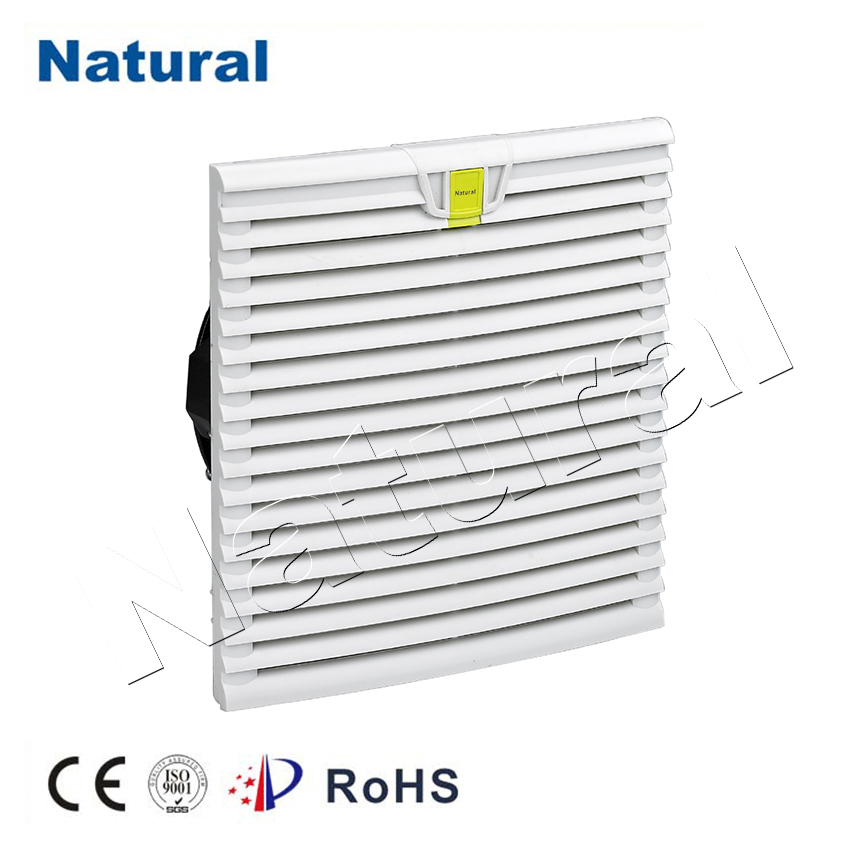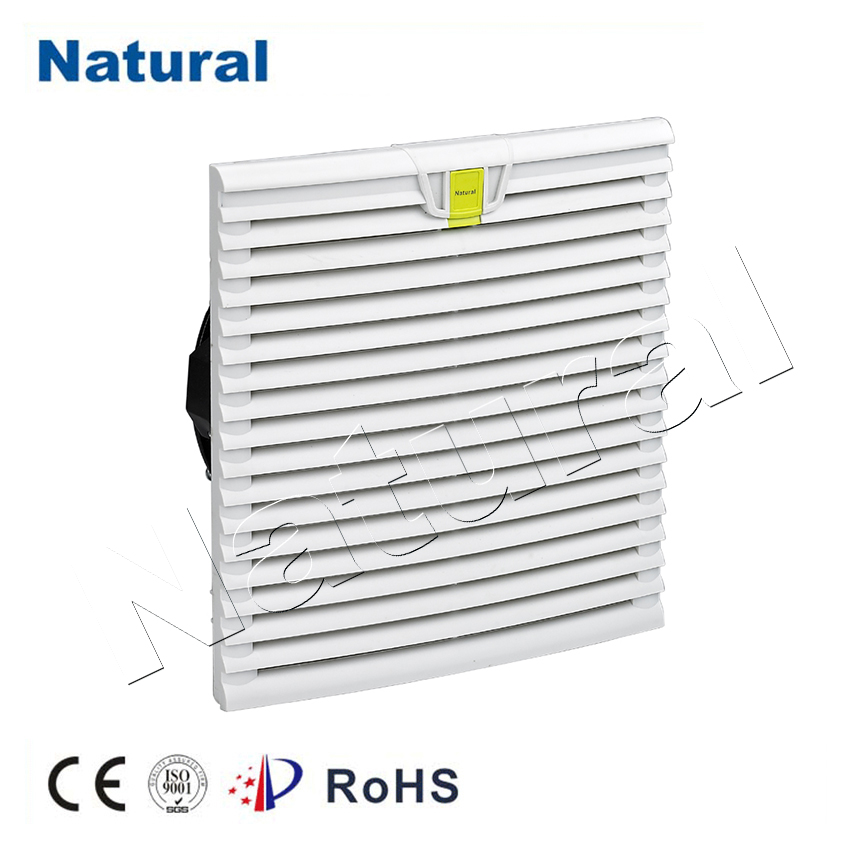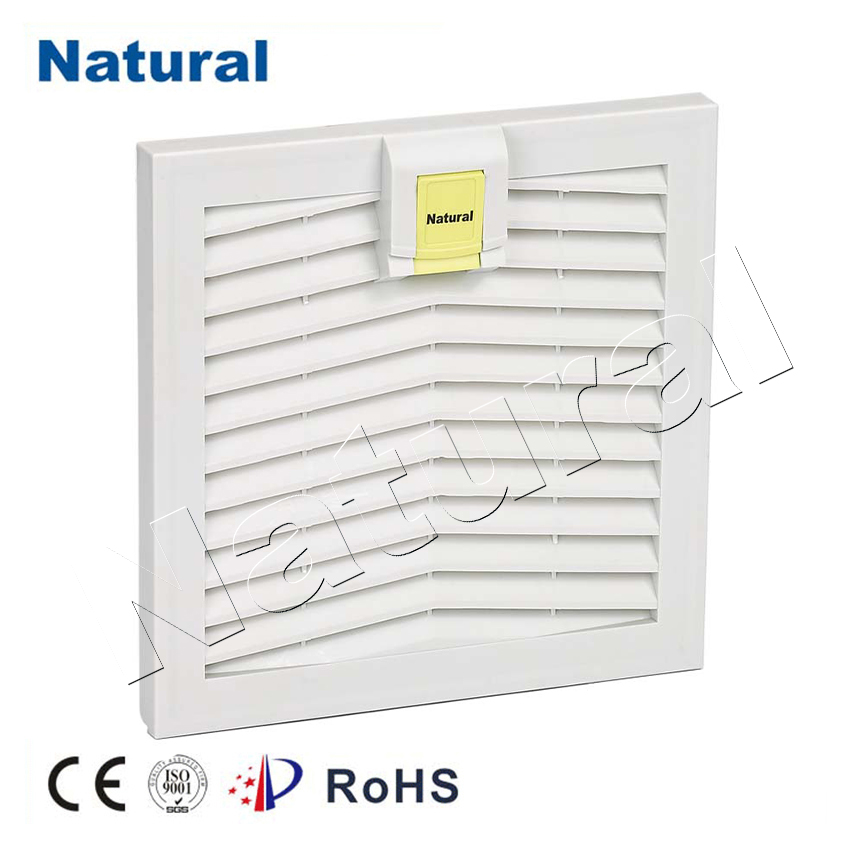Fan filters, also known as fan filter units (FFUs), are essential components of modern air filtration systems used in a variety of settings such as cleanrooms, data centers, laboratories, and industrial applications. These filters are designed to maintain a controlled environment by ensuring clean air circulation and preventing the entry of contaminants. In this article, we will explore what fan filters are, how they function, their significance, and their various applications.

What are Fan Filters?

A fan filter is a specialized device that combines a fan with a filtration system. The fan is responsible for drawing in air, while the filter captures particles and contaminants, ensuring that the air circulating within a given environment is clean and free from unwanted substances. This type of system is commonly found in air handling units (AHUs) or standalone fan filter units that serve to regulate airflow and air quality. There are different types of fan filters, ranging from simple mechanical filters to high-efficiency particulate air (HEPA) filters or ultra-low penetration air (ULPA) filters, depending on the specific needs of the environment. The primary purpose of fan filters is to reduce the concentration of airborne particles, such as dust, pollen, bacteria, viruses, and other harmful particles that can pose a risk to both equipment and individuals.

Leave a Reply